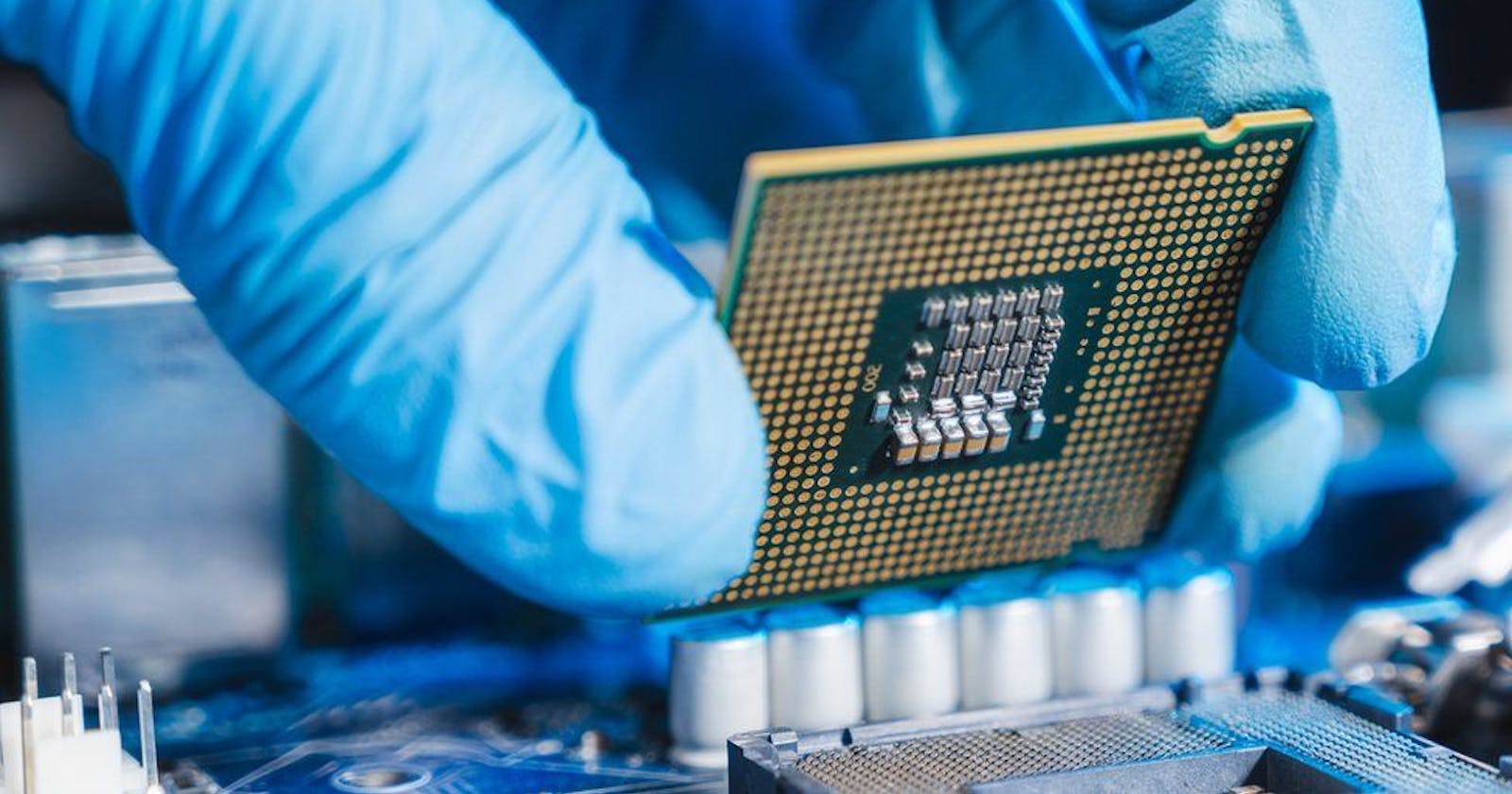In light of the global chip shortage, even tech giants like Google are facing delays in releasing their highly anticipated products. The Google Pixel 7 series, slated to be one of the most sought-after smartphone releases of 2023, is now at risk of being delayed. The shortage of chips has been an ongoing issue in the tech industry for several years, affecting various sectors and disrupting supply chains worldwide. As we explore the implications of this shortage, it is important to understand the underlying factors contributing to this complex challenge.
The COVID-19 pandemic has played a significant role in exacerbating the chip shortage. With the sudden shift to remote work and online learning, there was a surge in demand for electronics. As people adapted to the new normal, laptops, tablets, and other devices became essential tools for work and education. This unprecedented demand placed tremendous strain on chip supply chains, which were already struggling to meet the needs of the tech industry.
Beyond the pandemic's impact, the war in Ukraine has further complicated the situation. Ukraine is a significant player in the global chip supply chain, contributing essential raw materials like neon and palladium for chip manufacturing. However, the conflict has disrupted the supply of these critical resources, adding more pressure to an already strained industry.
Additionally, chips are now in high demand across various industries beyond tech. As semiconductors play a vital role in automotive, telecommunications, and other sectors, the diversification of demand has contributed to the shortage. As a result, the competition for limited chip supplies has intensified, affecting the availability and pricing of electronic products.
The repercussions of the chip shortage have been felt across the tech industry. One of the most noticeable impacts has been the surge in electronics' prices, including smartphones. As manufacturers pass on the higher chip costs to consumers, the average price of new smartphones has seen a significant increase. Moreover, many tech companies have been forced to delay product launches due to the unavailability of necessary chips. Apple and Sony are just a few examples of companies that have had to postpone the release of their flagship products.
Beyond delays and higher prices, some manufacturers have had to reduce production due to inadequate chip supplies. This has affected popular vehicles like Ford's F-150 pickup truck and Toyota's Camry sedan. The chip shortage has become a major concern for industries worldwide, highlighting the importance of a resilient and well-functioning chip supply chain.
To address the chip shortage, companies are investing in expanding production capacity. By establishing additional manufacturing facilities, chipmakers aim to increase chip output and alleviate the strain on supply chains. Governments worldwide are also stepping in with subsidies and support for the chip industry, incentivizing research and development and promoting domestic chip production capabilities.
Furthermore, addressing the shortage of skilled workers in the chip industry is crucial. By encouraging education and training in chip manufacturing, the industry can expand its talent pool and meet the growing demand. Nurturing a skilled workforce will be essential to ensuring a sustainable and thriving chip industry in the long run. In a tech-driven world, the global chip shortage poses significant challenges, but investments in production capacity and skilled workforce development offer hopeful solutions.
